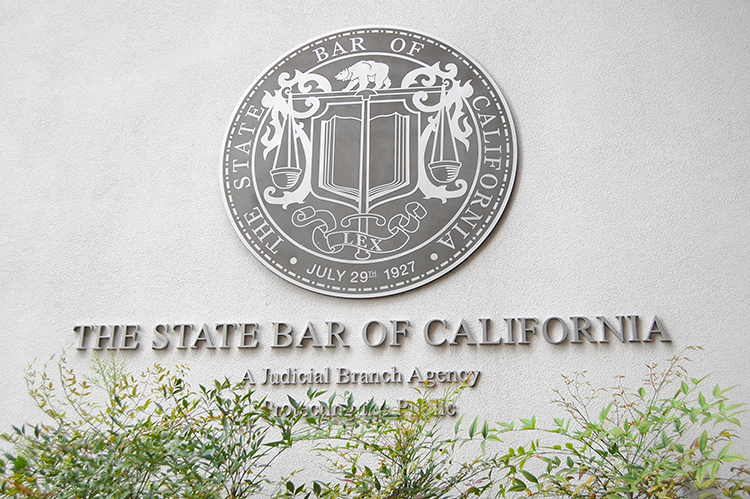Alabama's top court defies federal court and bans gay marriages, asks what's love got to do with it

Image from Shutterstock.
The Alabama Supreme Court has declared it is not bound by a federal judge’s ruling striking down gay marriage in the state, and neither are the state’s probate judges.
In an opinion (PDF) issued Tuesday evening, the court barred state probate judges from issuing gay marriage licenses, saying U.S. District Judge Callie Granade used “circular reasoning” when declaring gay marriage to be a fundamental right “without acknowledging that a change of terms has occurred”–a redefinition of marriage.
Heterosexual marriage “is the fundamental unit of society,” the state supreme court said.
“Although decisions of state courts on federal questions are ultimately subject to review by the United States Supreme Court, as are decisions of federal courts,” the state supreme court said, “neither ‘coordinate’ system reviews the decisions of the other. As a result, state courts may interpret the United States Constitution independently from, and even contrary to, federal courts.”
The state supreme court said its order temporarily applied to all but one of the state’s probate judges, who were allowed to show cause why they should not be bound in the next five days. The judge not covered is Mobile County probate judge Don Davis, who had been ordered to issue marriage licenses to gay couples by Granade. The state supreme court said Davis should advise the court by Thursday whether Granade’s order only applied to the four couples in the lawsuit.
Alabama Chief Justice Roy Moore, who had issued an order barring state probate judges from issuing gay-marriage licenses, did not participate in the 7-1 decision.
The court considered and rejected arguments that gay marriage is a fundamental right, including the argument that there is a fundamental right to love another person within the context of marriage.
“This notion has broad public appeal and is, perhaps, the mantra most repeated in public discussions of this matter,” the state supreme court said. “But although love may be an important factor in a lasting marriage, civil marriage has no public interest in whether the people seeking a marriage license love one another. … Moreover, if love was the sine qua non of marriage, then polygamy also would be constitutionally protected.”
Instead, the court said, marriage has constitutional protection because of an “immutable characteristic [of] nature. Men and women complement each other biologically and socially. Perhaps even more obvious, the sexual union between men and women (often) produces children. Marriage demonstrably channels the results of sex between members of the opposite sex–procreation–in a socially advantageous manner. It creates the family, the institution that is almost universally acknowledged to be the building block of society at large.”
The court ruled on an emergency mandamus petition filed by Liberty Counsel on behalf of the Alabama Policy Institute and Alabama Citizens Action Program. A Liberty Counsel press release says the decision “represents a significant shift of momentum in the same-sex marriage agenda, and is a direct challenge to the orders of U.S. District Court Judge Callie Granade.”
Publications covering the decision include SCOTUSblog, the New York Times and the Washington Post.
Related article:
ABAJournal.com: “Are Alabama judges bound by federal court? Law prof says Roy Moore is right about at least one thing”



